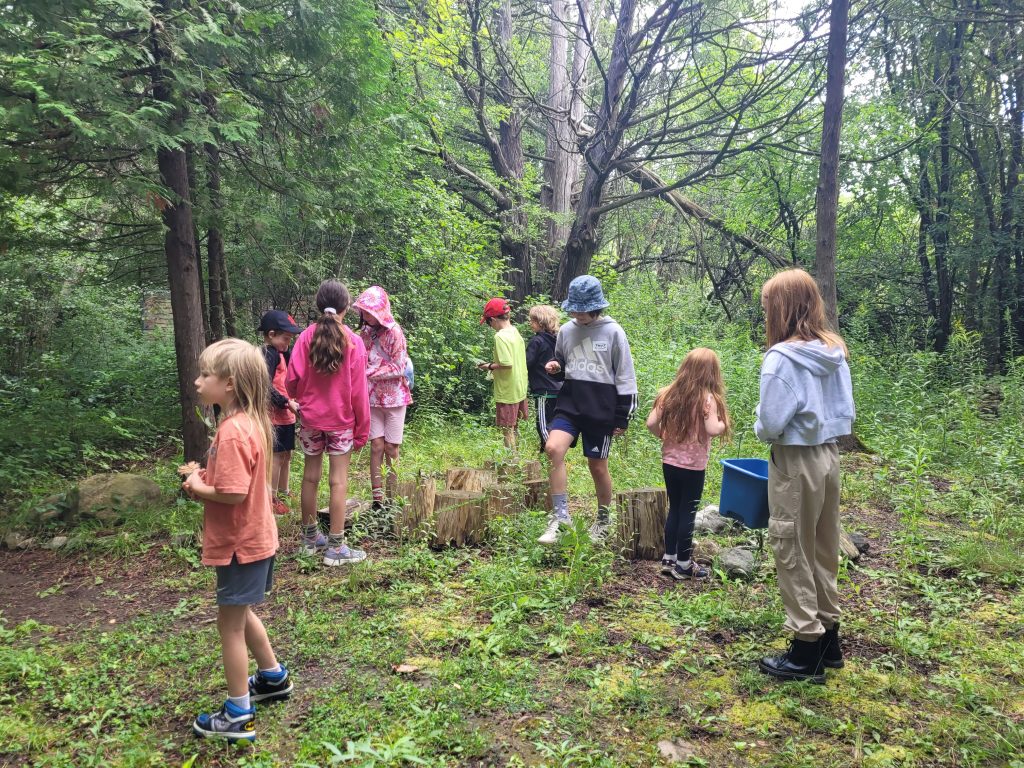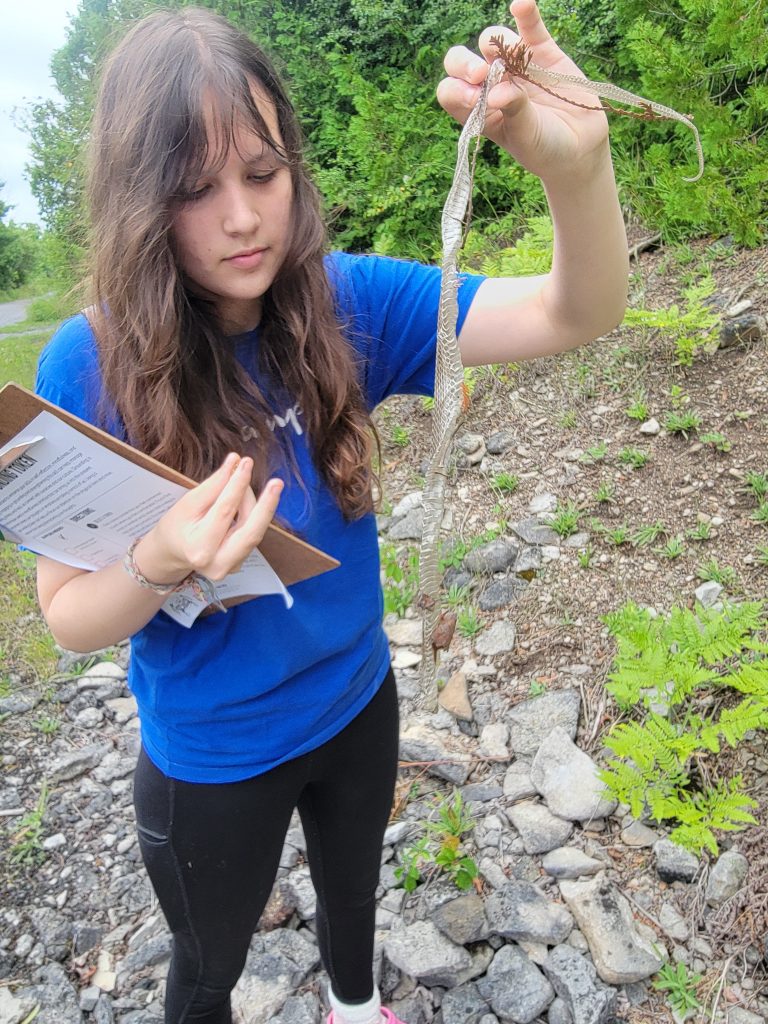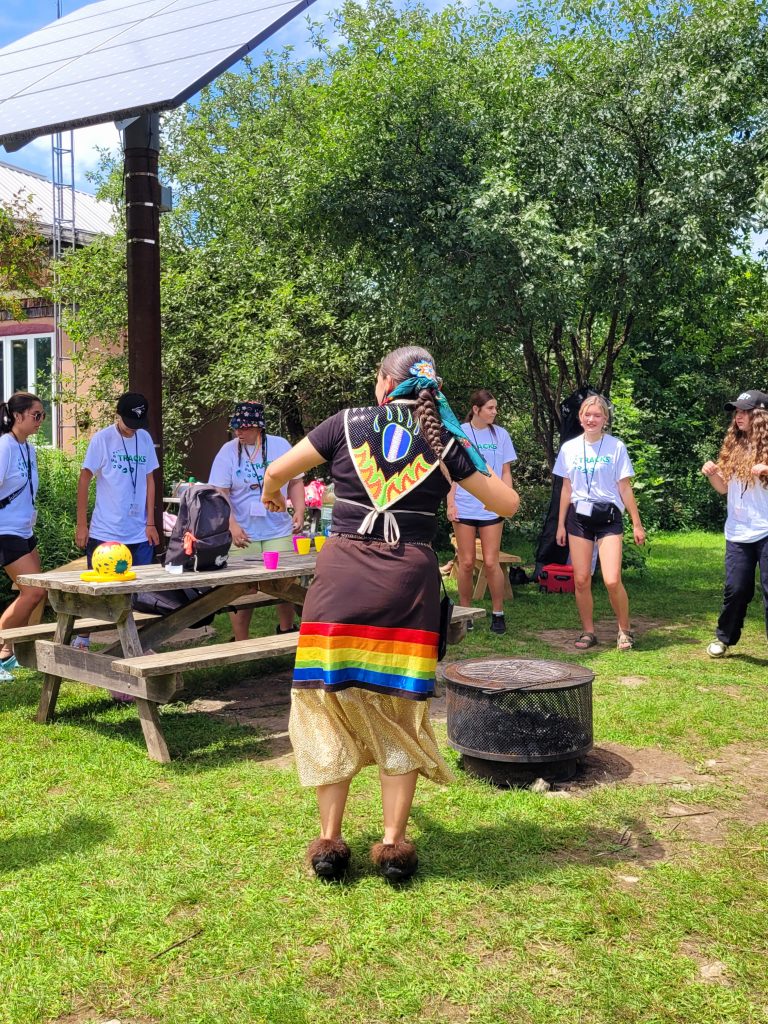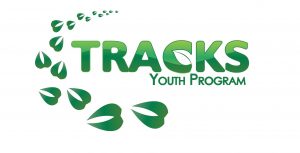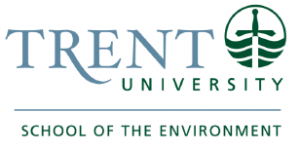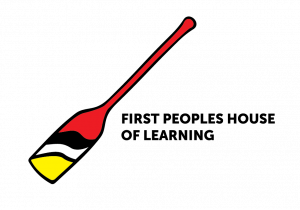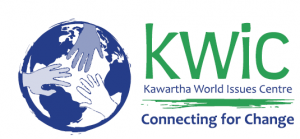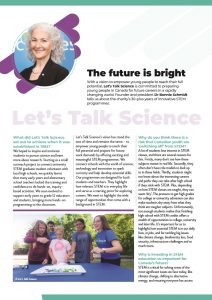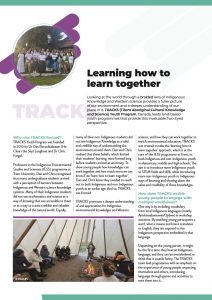
Learning how to learn together
[[{“value”:”
Learning how to learn together
Looking at the world through a braided lens of Indigenous Knowledge and Western science provides a fuller picture of our environment and a deeper understanding of our place in it. TRACKS (TRent Aboriginal Cultural Knowledge and Science) Youth Program, Canada, leads land-based youth programmes that provide this invaluable Two-Eyed perspective.
Why was TRACKS formed?
TRACKS Youth Program was founded in 2010 by Dr Dan Roronhiakewen (He Clears the Sky) Longboat and Dr Chris Furgal.
Professors in the Indigenous Environmental Studies and Sciences (IESS) programme at Trent University, Dan and Chris recognised that many undergraduate students arrived with a perception of barriers between Indigenous and Western science knowledge systems. Many of their Indigenous students did not see mathematics and science as a way of knowing that was accessible to them or as a way to create credible and valuable knowledge of the natural world. Equally, many of their non-Indigenous students did not see Indigenous Knowledge as a valid and credible way of understanding the environment around them. Dan and Chris realised that these beliefs, which limited their students’ learning, were formed long before students arrived at university. To show young people how knowledges can work together and how much more we can know if we ‘learn how to learn together’, Dan and Chris knew they needed to reach out to both Indigenous and non-Indigenous youth at an earlier age. And so, TRACKS was formed.
TRACKS promotes a deeper understanding of and appreciation for Indigenous environmental knowledges and Western science, and how they can work together to enrich environmental education. TRACKS was created to take the ‘learning how to learn together’ approach, which is at the core of the IESS programme at Trent, to both Indigenous and non-Indigenous youth in elementary, middle and high schools. The aim is to introduce more Indigenous youth to STEM fields and skills, while introducing more non-Indigenous youth to Indigenous ways of knowing and showing them the value and credibility of these knowledges.
How does TRACKS enable young people to engage with multiple worldviews?
One way is by including vocabulary from local Indigenous languages (mainly Anishinaabemowin/Ojibwe) in workshop activities. By teaching young participants a word, what it means and how it translates to English, they are exposed to the Indigenous perspective embedded in that language.
Depending on the young person, it might be the first time they hear an Indigenous language, and they can be overwhelmed or think that it sounds funny. The TRACKS team lead programmes with an emphasis on the importance of young people respecting themselves and others, introducing language through games and activities to ease them into it.
How does TRACKS demonstrate the interweaving of Indigenous Knowledge and Western science?
At the beginning of every programme, the team explains Elder Marshall’s concept of Two-Eyed Seeing. Participants are asked to cover one of their eyes and take a look around; then they are asked to switch eyes and notice what they see this time; finally, they are asked to open both eyes and notice their surroundings. The programme leader explains how one eye could be used to see through Indigenous Knowledge and the other through Western science. Using both eyes at the same time provides a broader picture of what surrounds us; if there is a problem to be solved, it is always better to have more tools in the toolbox to tackle the problem.
The team then provides tangible examples of Indigenous Knowledge and Western science working together. From the engineering and thermodynamics behind a tipi, to how snowshoes work, their origin and the materials used.
What do TRACKS school programmes involve?
TRACKS school programmes are for kindergarten to high school students, with activities designed specifically for certain grades. The workshops provide fun, experiential learning experiences that take students beyond the curriculum. From coding robots to solving a maze, to building a giant Jenga tower that teaches ecosystems, there is a workshop to suit any age group.
Indigenous Knowledge and perspectives belong in all areas of the classroom, not just in traditional social studies lessons. TRACKS offers a unique opportunity to incorporate Indigenous Knowledge into the STEM curriculum, enriching students’ learning experiences.
Who are the camp programmes aimed at?
TRACKS offers professional activity days and one-week camps for Indigenous and non-Indigenous children from 6 to 12 years old in Nogojiwanong (Peterborough, Ontario). Each summer, TRACKS partners with local First Nations – Curve Lake, Hiawatha, Alderville and Mississauga’s of Scugog Island – to offer one-week, no-charge summer camps for Indigenous youth from those communities. The topics are driven by the distinct traditional and scientific knowledges of TRACKS staff and guest Elders and Knowledge Holders, but may touch on themes like ecosystems, DNA, animals and coding, as well as traditional teachings of Shkode (Fire), Nibi (Water) and Mashkikiwan (Medicines).
What do young people gain from their TRACKS camp experience?
The camps provide fun and engaging opportunities to explore science in a different way to how it is typically experienced in the classroom. For non-Indigenous youth, this is important as it encourages relationship-building across cultures, recognises the traditional knowledges mainstream education is based on and promotes community reconciliation. TRACKS helps Indigenous youth see their own cultures and knowledge systems represented in STEM fields. The programming also encourages Indigenous youth to see that Indigenous cultural land-based knowledge is science.
What is the Trailblazer Summer Employment programme?
The team engages with Indigenous youth in Nogojiwanong (Peterborough) and local First Nations through workshops and community events. During the summer, TRACKS offers part-time employment for Indigenous youth, between the ages of 14 and 18, known as Trailblazers.
In July, Trailblazers receive training and comprehensive teachings and mentorship from TRACKS staff and local Indigenous Elders and Knowledge Holders in themes such as the Seven Grandfather Teachings (a set of guiding principles for leading a good life). Then, in August, the Trailblazers coordinate and lead a series of on-the-land learning days, known as Land Camps, for up to 20 Indigenous youth in the community.
Land Camps represent an opportunity for the Trailblazers to put their leadership, cultural knowledge and traditional skills into practice by leading a group of their peers through land-based learning activities and facilitating teachings with a Knowledge Holder. Another great aspect of this opportunity is that Trailblazers are eligible for a high school course credit in leadership and peer support through the Ontario Ministry of Education, via TRACKS’ network membership with Actua. This allows Trailblazers to further their traditional knowledge and take steps towards being leaders in their communities.
Why is it important for TRACKS to offer programmes related to employment?
TRACKS is centred on Indigenous ways of knowing and being, which involves giving young people a community of support to help them discover and share their unique identity and gifts as they transition to adulthood. Connecting Indigenous youth with Elders, Knowledge Holders and Indigenous staff creates a welcoming space, where youth can be themselves, while learning employability skills. This is especially important as many other employment spaces are not curated to their knowledges and experiences, and youth may not always feel safe or accepted there.
How do Indigenous Elders and Knowledge Holders support young people through TRACKS?
They support youth directly through invitations to share knowledge and teachings during training for young staff and workshops with summer camps and school groups. The support is also provided indirectly through Elder and Knowledge Holder participation in the TRACKS Advisory Circle, which provides strategic direction and guidance to the organisation.
What impact is TRACKS having?
TRACKS provides an outlet for Indigenous youth to be immersed in other ways of knowing and thinking, where the authority of Indigenous Knowledge is valued and coupled with science and technology, leading to innovative problem solving for environmental issues facing our world.
In 2024 alone, TRACKS engaged with over 3,500 youth through its workshops, camps and community events, showing how Indigenous Knowledge and Western science can work together. It also trained over 400 teachers on the importance of bringing Indigenous Knowledge into the classroom.
A key success of the TRACKS programme has been its development, maintenance and continuity of strong relationships with local First Nations, Trent University and key community partners. Its success in adapting to the challenges faced during the COVID-19 pandemic and the programme’s pivot to providing innovative and unique online learning opportunities for youth is something the TRACKS team is very proud of.
Now, in its 15th year of operation, TRACKS provides engagement, learning, growth, training and environmental reconciliation opportunities for both Indigenous and non-Indigenous youth throughout the region. While TRACKS has received national and international awards, the longevity of the organisation and its ability to continue to add value to the community environmental education landscape in Ontario is its greatest success.
TRACKS is most proud of the number of new youth, educators and other learners who have been introduced to the value of respecting and learning from other ways of knowing and who have embraced ‘learning how to learn together’.
What does the future hold for TRACKS Youth Program?
TRACKS is looking to the future with aims of growth and expansion. It will be developing its relationships with schools, expanding its camps and on-the-land learning opportunities it offers and filling in the ‘gaps’ in the age groups it reaches. It will expand the physical space for housing programmes and focus on staff pathways, enabling campers to become instructors. Ambitious and always forward-thinking, TRACKS will also be spreading its unique educational model beyond Ontario!
Meet the TRACKS team
Field of research
InSTEAM (Indigenous Science, Technology, Engineering, Art and Math)
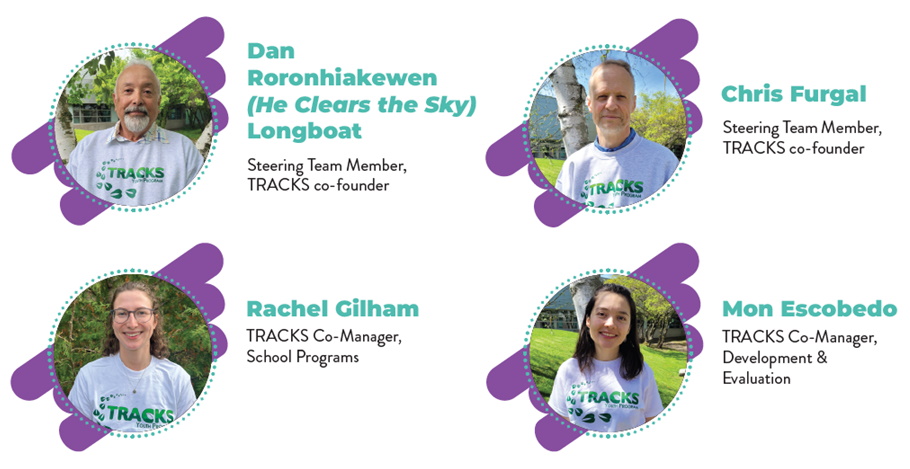
Collaborators
Boodweh Centre for Indigenous Knowledges & Languages (Trent University); Kawartha World Issues Centre; Trent School of Education; Camp Kawartha and the Kawartha Outdoor Education Centre; First People’s House of Learning (Trent University); GreenUp; New Canadian Centre
Funders
Actua; National Sciences and Engineering Research Council of Canada (NSERC); United Way Peterborough; TELUS & TELUS Friendly Future Foundation, The Community Foundation of Greater Peterborough; The Peterborough K. M. Hunter Charitable Foundation; TD Friends of the Environment Foundation; Kagita Mikam Aboriginal Employment and Training
Do you have a question for the TRACKS team?
Learn about STEM programmes offered by Let’s Talk Science:
The post Learning how to learn together appeared first on Futurum.
“}]]

